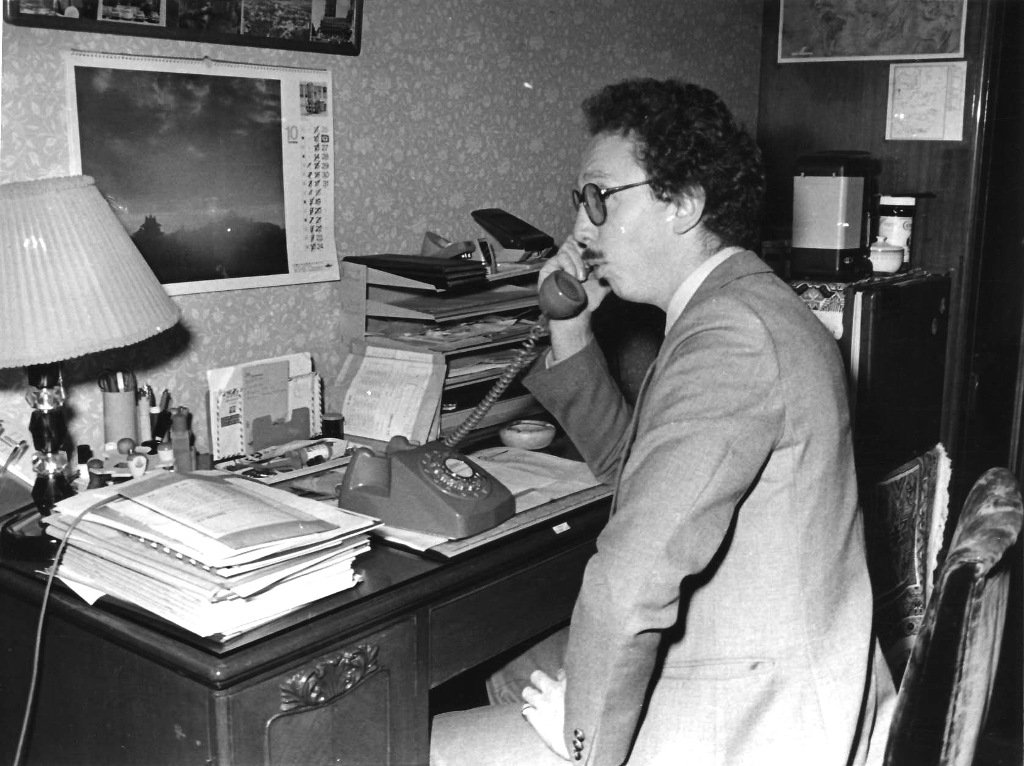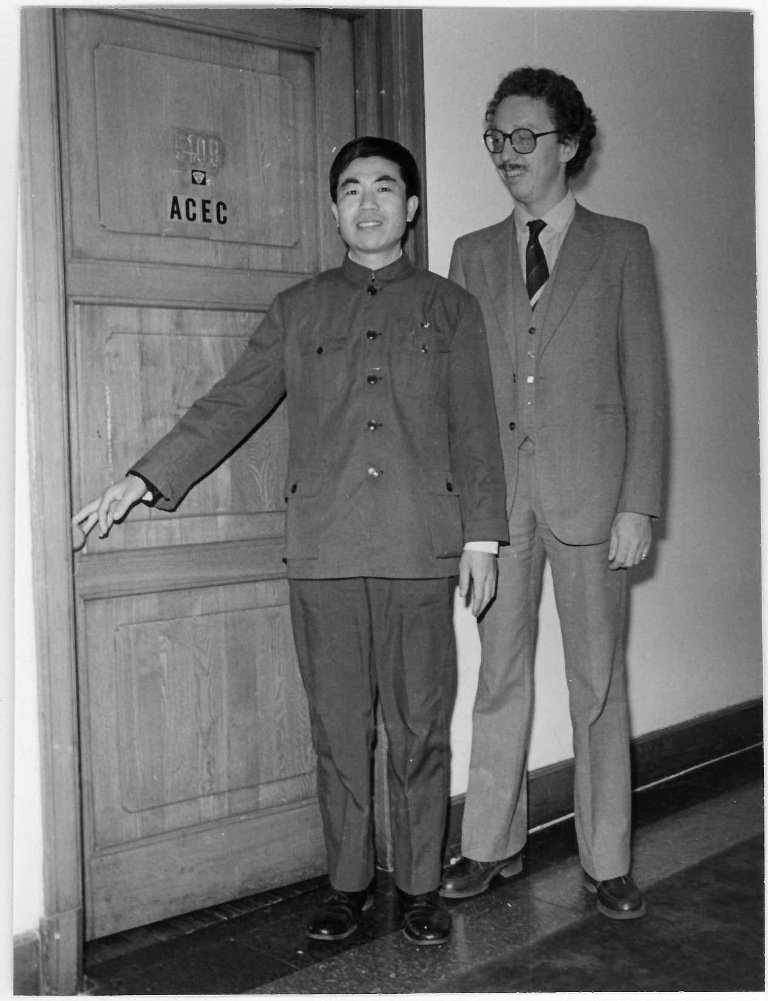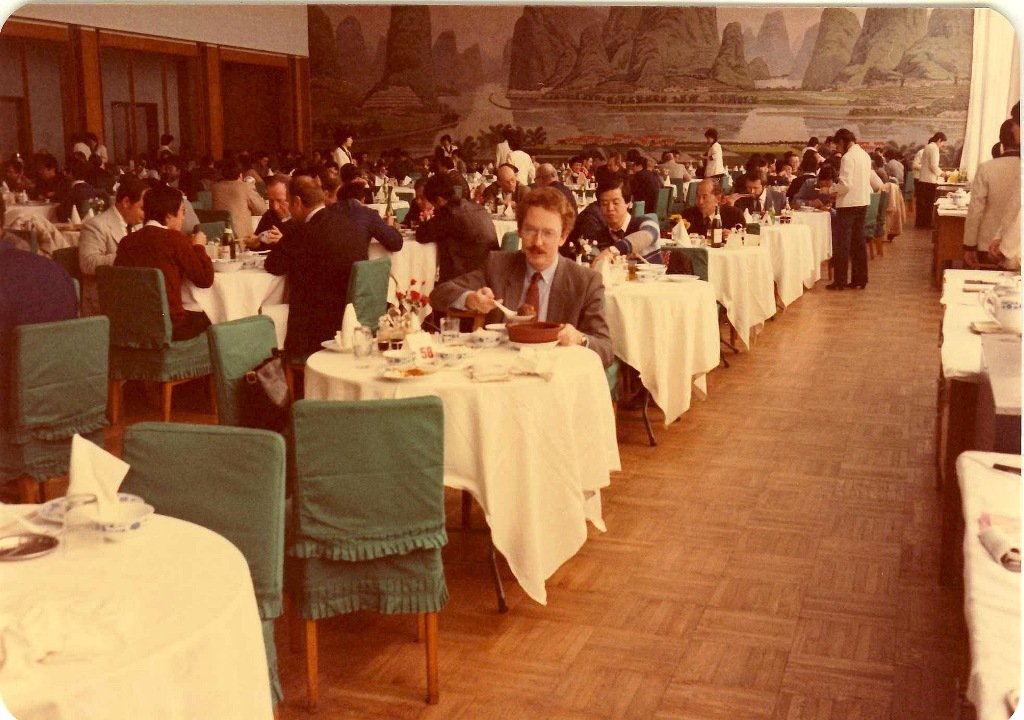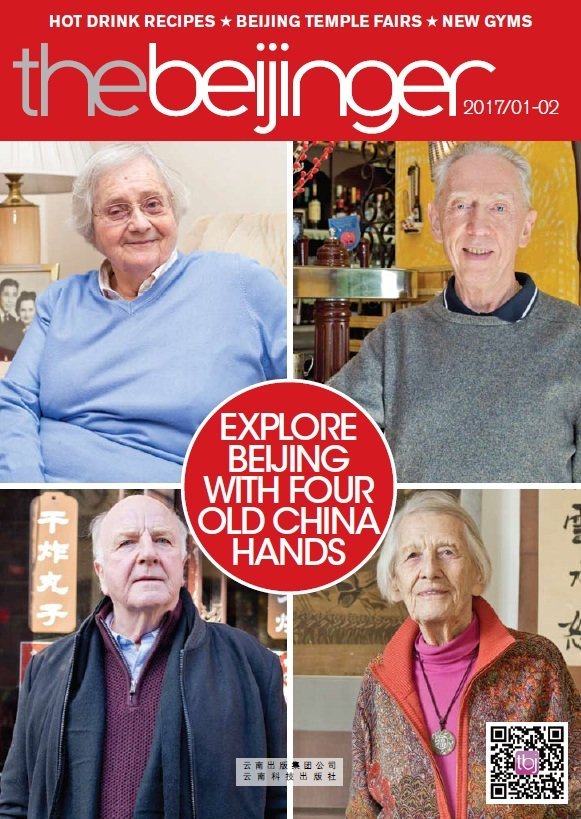Gilbert Van Kerckhove: The Belgian Engineer Who Played a Key Role in Beijing’s Olympic Dream
As an old China hand, Gilbert Van Kerckhove did more than just witness China’s meteoric economic growth; he in fact played a helping hand in pushing China along the path toward modernization.
An electrical engineer by trade, Van Kerckhove first came to Beijing in 1980, where he was tasked with establishing a representative office for a utilities company. “I didn’t come to China to stay for 35 years,” he says lightheartedly; but as the years churned by, the gregarious Belgian accumulated a certain expertise – one that enabled him to bridge an important cultural divide when it came to doing business in China.
RELATED: An Interview with Isabel Crook: Anthropologist, Teacher, and Revolutionary

Leveraging that know-how, Van Kerckhove helped facilitate important infrastructure projects in Shanghai in the 1990s, including Line 3 of the Shanghai Metro and the electric equipment for the 88-story Jin Mao Tower in Pudong. His business savvy, firmly rooted in pragmatism and “understanding both sides,” made him the ideal intermediary between Chinese and foreign business entities.
In early 2000, Van Kerckhove accepted a position as a senior consultant to the Beijing municipal government. When the capital later won its bid to host the 2008 Summer Olympic Games, he soon found himself in a unique position as the sole foreigner admitted into the highest echelons of Beijing’s Development Planning Commission.

His responsibilities were daunting, chief among them: to secure financing for major construction projects, including the now-iconic Bird’s Nest and Water Cube. Nevertheless, the man nicknamed “The Fireman” – Van Kerckhove had garnered a reputation as a go-to when the situation was seemingly impossible to handle – was indeed up to the task.
He spearheaded negotiations with famed Swiss architect Pierre de Meuron; traveled to Germany to study the membrane technology used for the outer layer of the Water Cube; and when SARS struck (derailing the possibility for formal meetings), he moved the high-profile discussions to his favorite Belgian restaurant, Morel’s.
His contribution to the realization of Beijing’s Olympic dream was indeed significant. And for his part, in 2005, the Chinese government honored Van Kerckhove with the China Friendship Award, the most prestigious award attainable by “foreign experts.”
Today, the easygoing business strategist is still very much bridging the gap between China and the West, however, he now balances his time between writing, public speaking engagements, and being involved with various chambers of commerce and the Rotary Club of Beijing.

As an author, Van Kerckhove’s most recent book, Toxic Capitalism, examines the degradation caused by unbridled consumption and its ensuing waste. It’s an issue that’s timely, with much of the city’s ire fixated on air pollution, but it’s also an issue that’s meaningful on a personal level, as he has been diagnosed with chronic bronchitis (to which he attributes some of the blame to running five Beijing marathons). Furthermore, he is often invited to give seminars on the topic of successful lobbying in China and how to work with the Chinese bureaucracy. The seminars are well-received with many Chinese students extolling the fact that they learned a lot about their own country.
READ: An Interview With Isabel Crook: Anthropologist, Teacher, and Revolutionary
Brimming with anecdotes, Gilbert Van Kerckhove has lived out his own version of the Chinese Dream. And although the China we live in today is a world away from the one he arrived to 37 years prior, his life story is a paragon for those foreigners looking to do business here.
When asked to share advice for those embarking on their own forms of enterprise, he responds: “Bring all the expertise and knowledge you have but don’t impose your way of doing business on the Chinese side.”
For more insightful views on Chinese business and the economy, visit Gilbert Van Kerckhove’s website blog.strategy4china.com.
This article first appeared in the Jan/Feb 2017 issue of the Beijinger.
Photos: Uni You, courtesy of Gilbert Van Kerckhove








